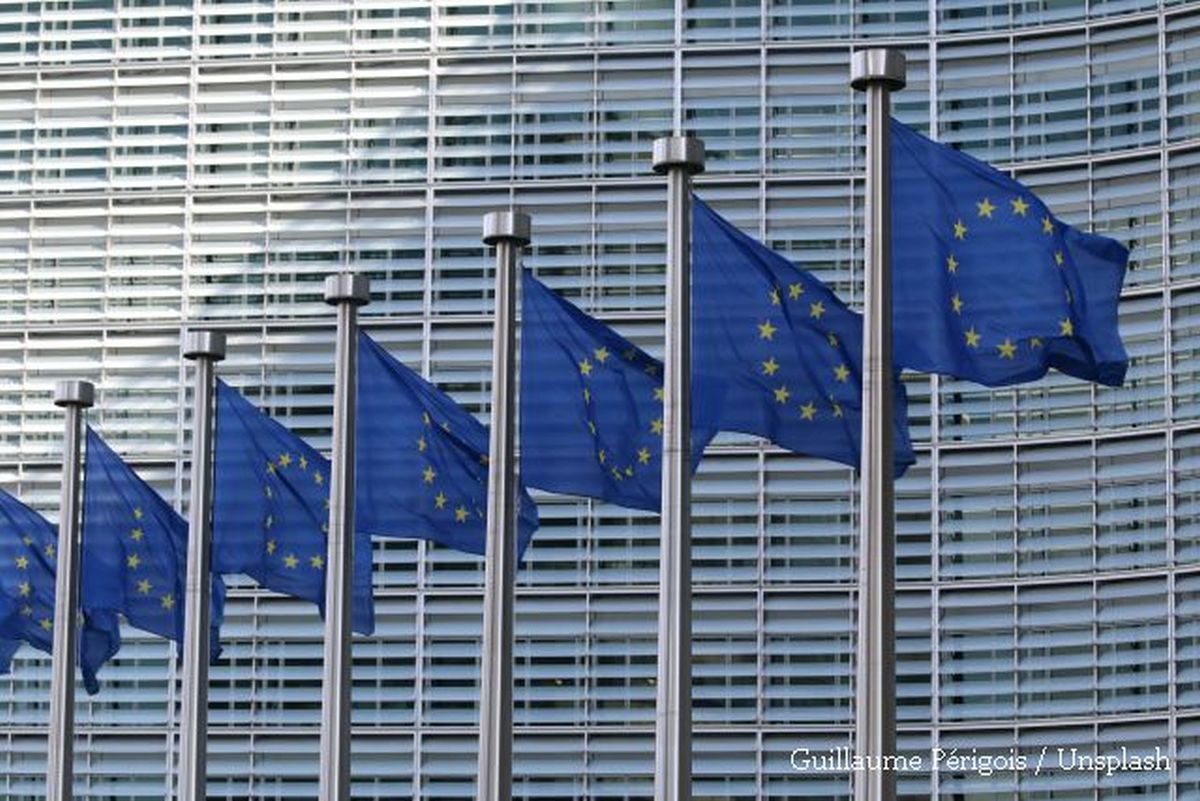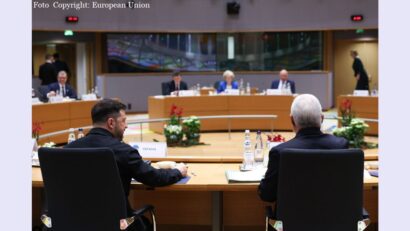EC worries over Romania’s NRRP
Romania has less than two and a half years to fulfil all the objectives established under the National Recovery and Resilience Plan

Daniela Budu, 21.03.2024, 02:00
The European Commission is warning that 2024 is a crucial year for Romania, because the projects drawn up as part of the National Recovery and Resilience Plan must be concretely implemented, otherwise the pre-financing must be returned. A new renegotiation of the Plan is no longer possible, experts from Brussels point out, so that, by August 2026, 400 milestones and targets must be reached, especially essential reforms in the tax field.
Romania has achieved many important reforms under the NRRP umbrella, such as those on energy, justice, the fight against corruption and the pension system, but there are still other essential reforms that need to be implemented. Among them, the fiscal one and the one related to the efficiency of activity and corporate governance in state-owned enterprises, said Céline Gauer, the head of the Resilience and Recovery Task force, during the conference on assessing the status of the implementation of the NRRP in Romania. According to the EU official, the third payment request that Romania submitted is delayed, compared to the stage in which it should be. Mrs. Gauer also specified that many activities are delayed and that some investments have not even started in real terms and drew attention to the fact that there is no longer any possibility of amending the NRRP.
Moreover, the European Commission is concerned about the fiscal situation in Romania and expects the budget deficit to approach 7% of the Gross Domestic Product, much more than the assumed target for this year. Another expert of the Commission, Declan Costello, has reminded the officials in Bucharest that the reform of the tax system is an objective assumed by Romania through the National Recovery and Resilience Plan. He drew attention to the fact that there are still problems with revenue collection, and the salary reform in the public sector could come with additional costs.
For their part, the representatives of the government in Bucharest claim that they have a permanent dialogue with the European Commission and that they expect the successful attraction of European money. Romania has made important progress in the implementation of the NRRP, but we must take into account the challenges that arose after the pandemic crisis, related to the increase in inflation, the effects of the war in Ukraine and the distortions in the supply chains, all of which generate a complicated situation on a European and global level, but also in Romania, said the Minister of Investments and European Projects, Adrian Câciu.
The fulfillment of certain milestones and targets in the NRRP is accelerated, for others there are still delays, but the Plan as a whole is moving forward, compared to last year, the minister believes. Adrian Câciu has given assurances that all reforms will be implemented:
“We already have 9.4 billion euros in our accounts. This means that we have already received 33.1% of the funds allocated to Romania. Out of these funds allocated to Romania, 1.9 billion euros have been spent, almost 20% of the money received is also money absorbed”.
We recall that Romania benefits from a total allocation of around 30 billion euros for the implementation of the NRRP, in the form of grants and loans that it should use until the end of 2026. (DB)






























